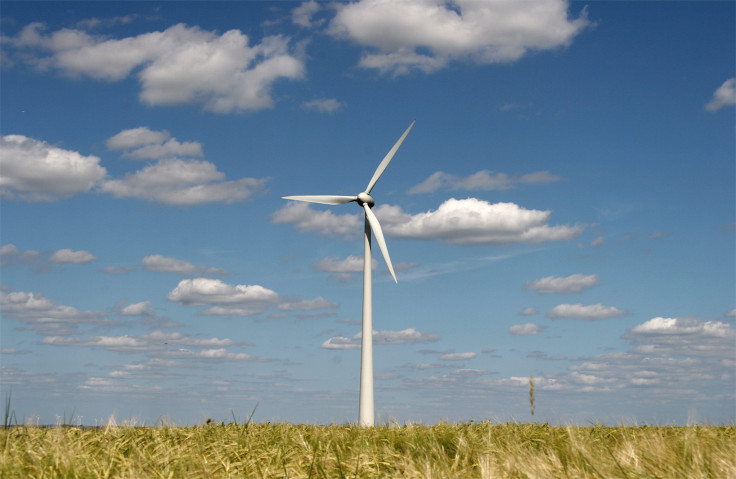Wind Power Fees Stir Controversy In Scotland As Nation Relies More On Alternative Energy

Scottish consumers will pay more for energy under regulatory reforms designed to help wind farms in the countryside, according to a recent report by global consulting firm National Economic Research Associates.
Scotland’s energy regulator Ofgem has planned since August to cut costs for Scottish wind farm developers by 1.3 million pounds ($2.17 million) per year for the average wind farm beginning in April. The reasoning is that remote wind farms currently pay higher fees than those close to big cities to connect to the national power grid, even though they only use the network in windy weather.
Ofgem predicts that consumers will see their energy bills decrease in the long term, and suppliers like SSE (formerly Scottish and Southern Energy) support the changes. But NERA, commissioned by rival energy supplier RWE, argues energy bills will instead rise.
The disagreement has delayed Ofgem’s plans, and the regulator is set to decide in March whether to go ahead with the plans in 2015.
All power plants pay to connect to the power grid, with costs varying based on the size and location of the plant. Wind farms are paying higher charges to cover the extra costs of connecting to the grid.
Ofgem says its changes would tack on 1.6 pounds ($2.67) a year to bills on average between now and 2020, and then save consumers 8.3 pounds ($13.85) a year through 2030. Ofgem assumes for the estimates that the changes will encourage power plants to build in windier locations and increase wind farm power output.
NERA’s analysis says that consumers will see their bills rise by about 9 pounds ($15) a year per home and that Ofgem’s plans to offer discounted rates to wind farms would not reflect the real costs to connect them to the grid.
“This distortion would tend to cause too much investment in wind generation in Scotland compared to the level that is economically efficient, and thus drive up transmission system costs,” the report’s authors wrote.
NERA also concludes that the changes would raise costs for new gas plants, and those costs would eventually trickle to consumers as higher power prices.
Ofgem spokesmen did not immediately respond for comment.
© Copyright IBTimes 2024. All rights reserved.






















